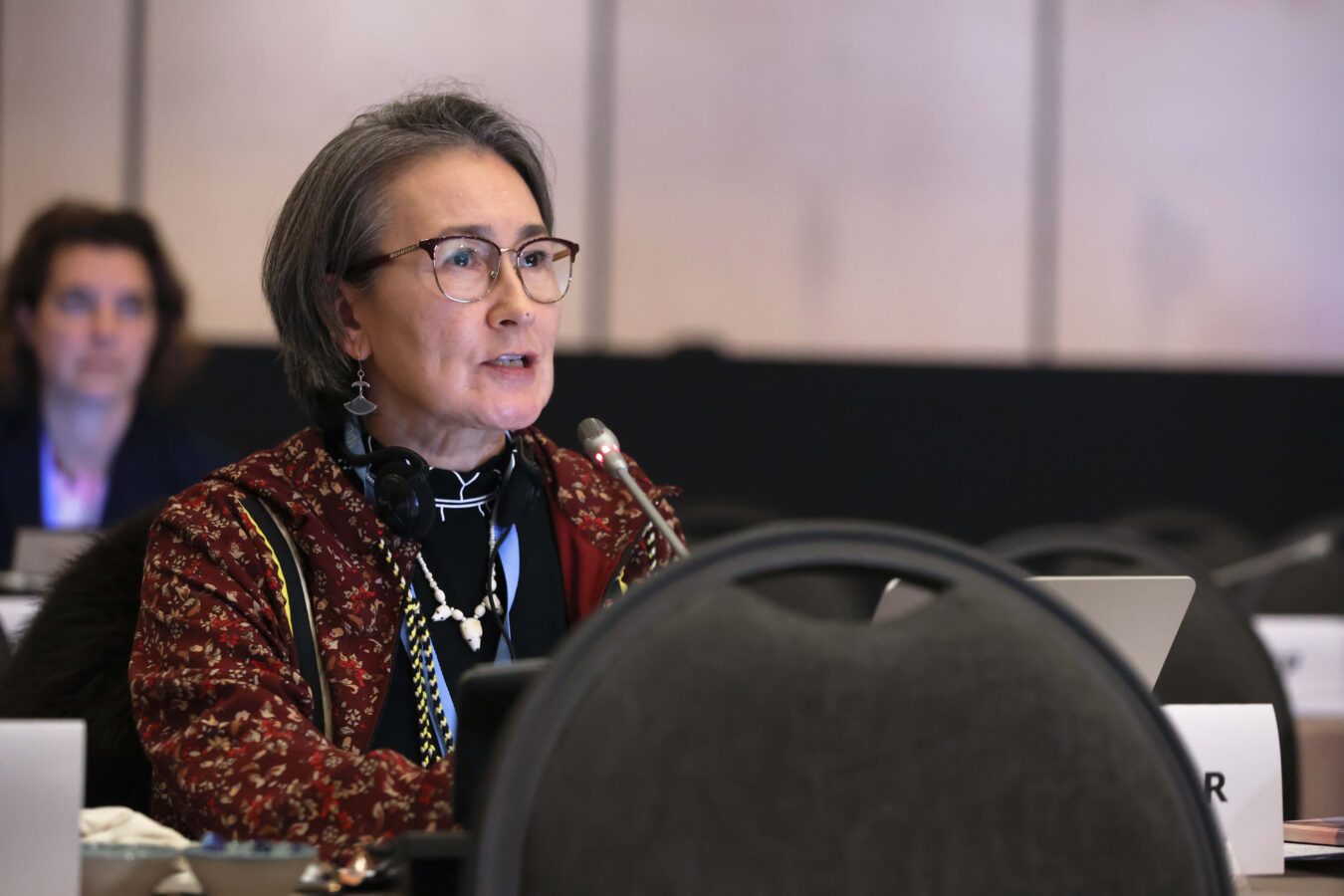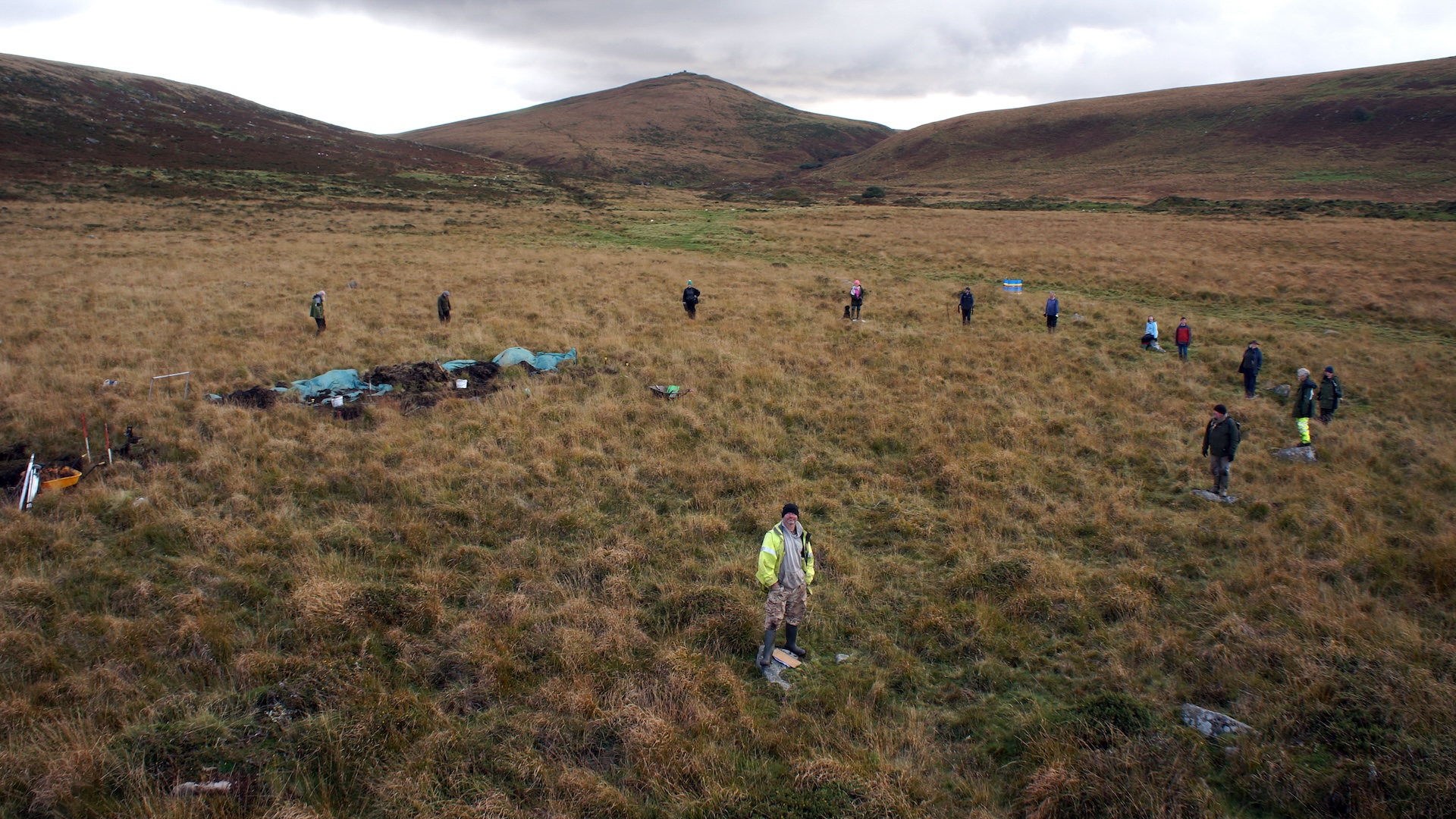The Intergovernmental Panel on Climate Change (IPCC) met in Istanbul, Türkiye, in January 2024 to try to agree the core scientific products it will produce in its 7th assessment cycle (AR7). I was there representing the Union of Concerned Scientists (UCS) along with my colleague Dr. Delta Merner, who wrote about the main decisions taken at the meeting. My goal was to advocate for increased consideration of cultural heritage, including Indigenous and traditional knowledge, in IPCC’s work.
The Istanbul meeting saw a prolonged, and ultimately unresolved debate about whether the IPCC’s main reports could, or should, be produced in time to help inform the United Nations Framework Convention on Climate Change’s (UNFCCC) second global stocktake (GST2), to be completed in 2028, in which nations will again assess their collective progress towards achieving the goals of the Paris Agreement.
The issue of timing and content for IPCC reports is complex and the discussions in Istanbul were driven not just by scientific practicality and policy-relevance, but also by differing political perspectives among developed countries, nations of the Global South (with varying degrees of economic development and climate vulnerability), and petrostates.
IPCC reports needed from Global South scientists
The Istanbul meeting also reviewed a report on lessons learned from the IPCC’s 6th assessment cycle (AR6), and established a Task Force to be co-chaired by the US and South Africa to consider the many issues raised. Representation and inclusion were core among these issues. In this and the subsequent discussions about the process for AR7, numerous developing countries identified the need to increase participation and information from the Global South in the IPCC process and reports. This included being more proactive in including women scientists and authors and reviewers from developing countries. IPCC authors in the past have been skewed towards men working in the physical sciences in Europe and North America.
Further, many delegates, especially from the Global South, agreed that the IPCC needs to find ways to use a wider evidence base that better utilizes non-English language source material, and addresses the limited availability of observational data from many parts of the developing world. Several delegates, including from the Democratic Republic of Congo, Gambia, Iraq, Madagascar, Sri Lanka and Niger pointed out the gaps caused by lack of updated or detailed regional data for their countries.
Barriers to the inclusion of information from developing countries include the fact that high subscription costs for academic and research journals limit Global South authors’ access to publications, while fees that can run into thousands of dollars for publishing in scientific journals often preclude developing country researchers’ work from reaching the peer-reviewed literature.
 IPCC chair Jim Shea and secretary Abdalah Mokssit during the heat of negotiations. Adam Markham
IPCC chair Jim Shea and secretary Abdalah Mokssit during the heat of negotiations. Adam Markham
Reporting on cultural heritage and climate change
At the Istanbul meeting, I was able to present the official scientific co-chairs report from the International Meeting on Culture, Heritage and Climate Change co-sponsored by the IPCC, the United Nations Educational, Scientific and Cultural Organization (UNESCO) and the International Council on Monuments and Sites (ICOMOS), that also dealt with issues of inclusion. The presentation was timely because the latest framework for the global goal on adaptation (GGA) which was agreed upon at COP28 included specific commitments on protecting cultural heritage to be undertaken by countries in 2030, so the information the IPCC can provide before then will be important.
The cultural heritage and climate science meeting, which UCS’s Director of Climate Science, Brenda Ekwurzel participated in, was built around three core themes–the first being knowledge systems. This theme included an examination of the nature and scope of representation of culture and heritage in existing climate literature. It also addressed integration and inclusion of diverse knowledge systems, especially Indigenous and traditional knowledge, across areas of climate research and policy. The second theme was around climate impacts–reviewing loss, damage, and adaptation for tangible and intangible cultural heritage. This included understanding different approaches to cultural significance, adaptation prioritization, and diverse ways of dealing with loss and change.
The third theme addressed solutions, examining the roles of culture and heritage in transformative climate action and sustainable futures. This section included discussion of the capacity of historic buildings, cultural landscapes and traditional land use to store carbon, and contribute to resilience in the face of climate disasters and loss and damage. Results from the meeting were published in 2022 as the Global Research and Action Agenda on Culture, Heritage and Climate Change.
In my Istanbul presentation, I put forward several recommendations from the scientific co-chairs of the meeting to the IPCC, including that the panel should:
- Organize an Expert Meeting on culture, heritage and climate change during the AR7 cycle.
- Incorporate culture and heritage as a crosscutting topic across multiple products in the AR7, including the planned Special Report on Cities.
- Evaluate the potential for a dedicated chapter on culture and heritage including a focus on Indigenous and traditional knowledge, during the Working Group 2 scoping process.
- Enhance efforts to invite nominations for IPCC participation in scoping and expert meetings, and as authors and reviewers, of individuals with cultural heritage expertise, as well as Indigenous scientists and Indigenous and traditional knowledge holders.
- Establish a Task Force or Expert Meeting with the goal of developing new guidelines for accessing and incorporating Indigenous and local knowledge through the AR7 cycle and beyond.
Including Indigenous knowledge in IPCC work
These recommendations, especially those championing greater inclusion of Indigenous Knowledge and Indigenous science were in line with much that was said by country delegates in Istanbul interested in improving and expanding IPCC’s approach to this issue.
Although AR6 acknowledged that Indigenous knowledge and Indigenous science are needed to fight climate change, help address adaptation and prevent maladaptation, it’s clear AR7 needs to do more. Australia, Brazil, Burundi, Guatemala, Italy, Kenya, Libya and New Zealand all stressed this. Canada called for the establishment of a task group with Indigenous leadership to examine how Indigenous knowledge could be effectively included in the work of the IPCC and offered to host an IPCC Expert Meeting on the topic.
 Lisa Qiluqqi Koperqualuk of the Inuit Circumpolar Council addresses the IPCC. IISD/ENB | Anastasia Rodopoulou
Lisa Qiluqqi Koperqualuk of the Inuit Circumpolar Council addresses the IPCC. IISD/ENB | Anastasia RodopoulouBolivia in particular championed Indigenous knowledge, several times calling for the comprehensive inclusion of Indigenous knowledge and full recognition of different epistemologies and ontologies, many of which make no separation between people and nature.
Reinforcing that point Lisa Koperqualuk, president of the Inuit Circumpolar Conference, the first Indigenous Peoples Organization to be recognized as an observer to the IPCC made reference to sila, the all-pervasive, life-giving force that connects Inuit people to their environment. In her powerful interventions, Koperqualuk also said:
“Indigenous people must be equitably and ethically engaged in all research and policy that impacts them, and for us, and other underrepresented communities, this implies being fully involved in process”. And noted that “Indigenous peoples should not only be viewed as a vulnerable group, but as an equal partner in this work, with an intimate knowledge of our lands, water and ice…”
At the end of the final day of negotiations in Istanbul which ran through the night and lasted more than 24 grueling hours, one of the agreements in the final decision document was to use diverse sources and knowledge systems, including Indigenous and traditional knowledge in the AR7 cycle. A small step, but an important one. And one we will work to help the IPCC build on.

 9 months ago
51
9 months ago
51


